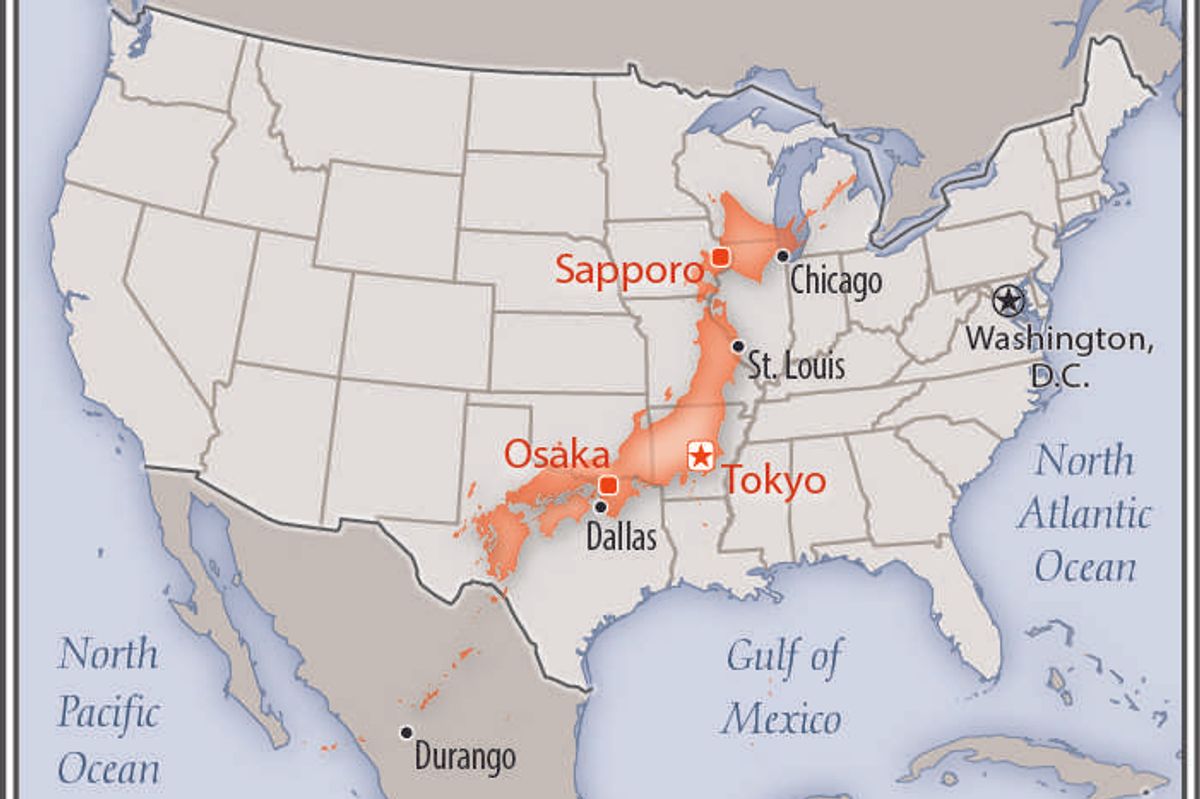We Put Him On The Cover Of Time And Gave Him $3 Billion. Turns Out That's A Bad Idea.
If you knew a country was committing human rights abuses, would you want the U.S. government to help them out?
It started on Sept. 26, 2014, when 43 students in Iguala, Guerrero, Mexico, went missing.
They weren't just students — they were student protesters, and they had a confrontation with the police before they went missing.
Here are some of the students who are missing:
Police officers and gang members apparently worked together to kidnap the students.
The overall frightening consensus is as follows:
- "Municipal officers have told investigators they were ordered to intercept the students by the local mayor. The officers said they handed the students over to members of a local drugs gang. The Mexican attorney general says members of the drugs gang killed the students and burned their remains."
Across the world, including the U.S., people have protested for the students who disappeared.
It's been called the Ayotzinapa movement because protests demanding that the 43 students be returned began in Ayotzinapa, a Mexican city.
But the amount of international support and attention has been heartwarming.
Some protestors point out this isn't just Mexico's problem — it is also the U.S.'s problem.
But why? A piece on USA Today gives us an answer:
- "Roberto Lovato, a representative of the group and a Visiting Scholar within the Center for Latino Policy Research at U.C. Berkeley ... says American foreign policy, like the Merida Initiative, has set the stage for many of the mass-killings that have occurred in Mexico."
- "'There have been more mass-graves found in the supposed area where the students disappeared than in any other country in Latin America, like Venezuela and Cuba, who are in enmity with the United States.'"
What is the Merida Initiative (which is also known as Plan Mexico)? Here's what the Department of State has to say (emphasis ours):
- "The Merida Initiative is an unprecedented partnership between the United States and Mexico to fight organized crime and associated violence while furthering respect for human rights and the rule of law."
We'll let the irony sink in.
But hope isn't over. On Dec. 3, 2014, the social media movement in support of the 43 students, #USTired2, had a call to action. Their hashtags: #USTired2 and YaMeCanse (which means "I am tired" in Spanish and which has an interesting backstory).
The #USTired2 movement asks the U.S. to take a stand and end Plan Mexico.
Here is #USTired2's video.
Protestors showed up on U.S. streets asking for an end to Plan Mexico. Here are some pictures:
Now Dec. 3, 2014, has come and gone.
But U.S. citizens can still do plenty to put pressure on our government to end Plan Mexico.
Our government is in a partnership with Mexico, a partnership that Mexico is not living up to as we can tell from the 43 students who have gone missing — not to mention the 25,000 who have disappeared and 100,000 who have died.
You can find out how to take action toward this cause by going over to #USTired2's website. You can also join the conversation on social media, using the hashtags #USTired2 and #YaMeCanse.
FACT CHECK TIME!
- 43 students kidnapped by police forces? Yeah, we know might a little too scary to be true ... but, seriously, it's true.
- 100,000 dead and 25,000 who have disappeared? Also true, by The Washington Post's count. (Slate and InSight Crime also back up those numbers.)
- The video says that the U.S. has spent nearly $3 billion on Plan Mexico since 2007. Our fact-checkers found that actual appropriated funds appear to be $2.4 billion, with $1.2 billion delivered for the financial years 2008-2014. So the "nearly" $3 billion seems OK because, let's remember, the government has also earmarked millions and millions more in the 2015 financial year!
- The video says that the Mexico police forces are perpetrators of the worst human rights crisis in all of Latin America in the last 30 years, and sadly, that seems to be true. Human Rights Watch director of the Americas division, José Miguel Vivanco, made a statement in Oct. 2014:
- "The human rights crisis that started in Mexico during the administration of Felipe Calderón is the most serious faced by the country since the time of Tlatelolco (when students were killed on October 2, 1968), especially with the culmination of the disappearance of over 40 students. I have not heard of a similar incident in Latin America over the last 30 years."



 A
A 

 Each of those arms has its own brain?
Each of those arms has its own brain?
 A man sleeps peacefully.
A man sleeps peacefully.  Woman snuggled in bed.
Woman snuggled in bed.
 The size of Japan compared to the United States.Image via Wikimedia
The size of Japan compared to the United States.Image via Wikimedia